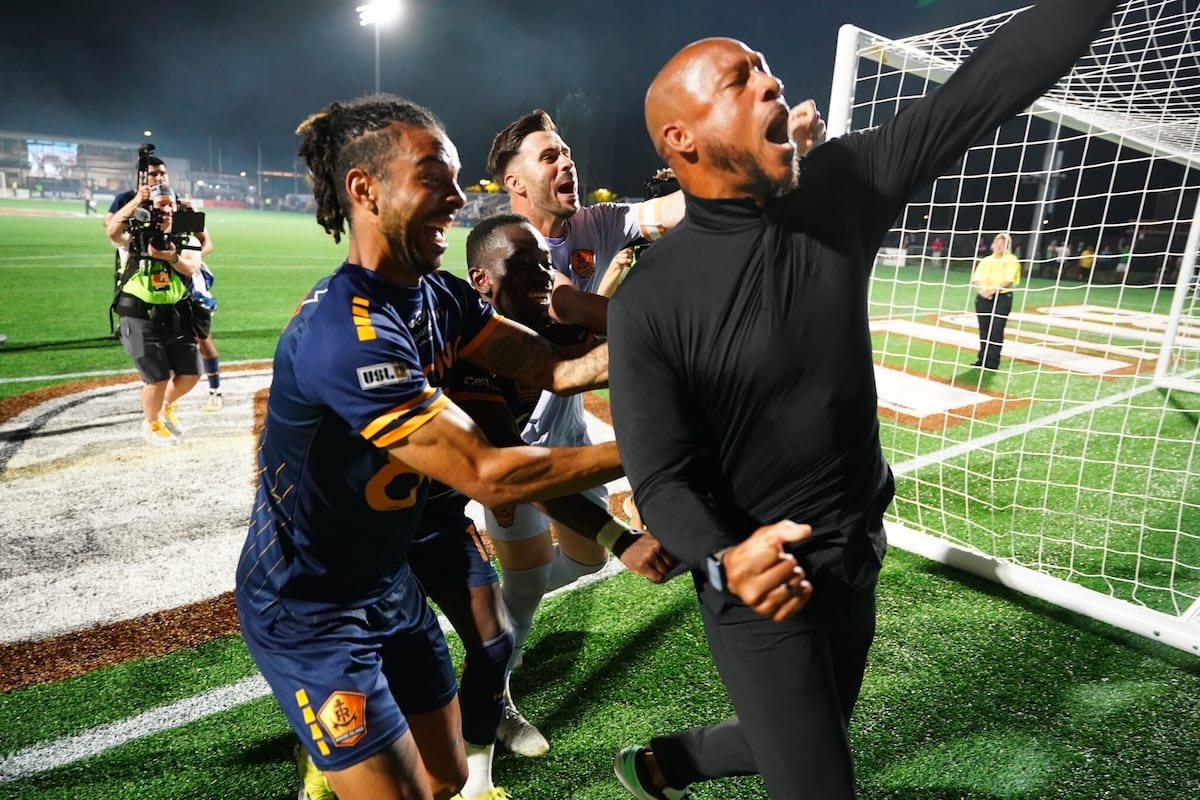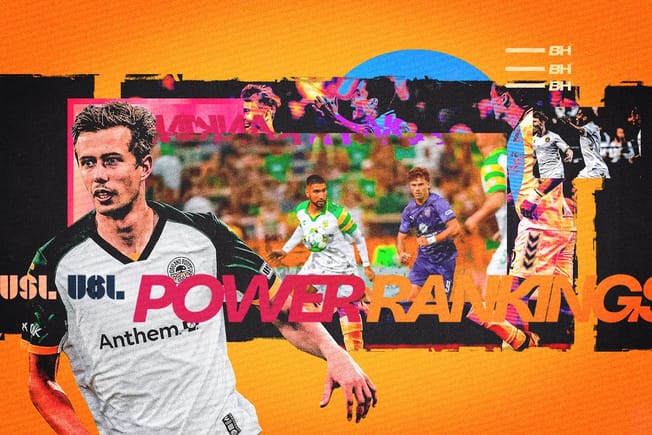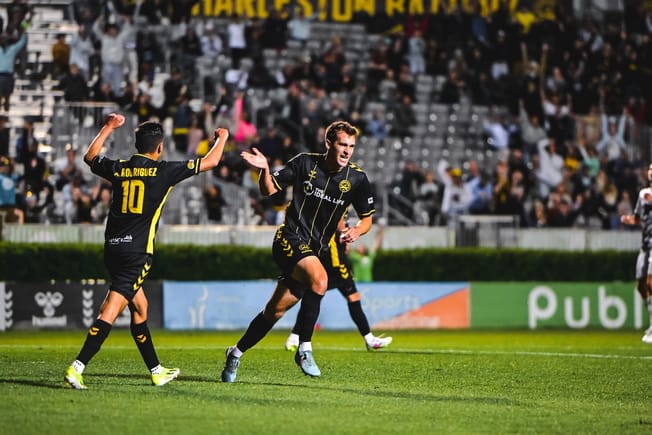And then there were two. Rhode Island FC and the Colorado Springs Switchbacks are the USL Championship’s conference champions in 2024, and both teams put on masterclasses in controlling a match without controlling the ball to get there. Few pundits would’ve seen this matchup that will play out in the final this upcoming weekend coming at the start of the season. But Rhode Island and Colorado Springs have proved their mettle time and again.
How did the Eastern and Western Conference finals play out, and what decisions made the difference? Let’s dig in.
Eastern Conference Final
Charleston 1-2 Rhode Island
Expansion teams can’t win it all. It’s a claim that’s held true since the Sacramento Republic won USL Pro in their inaugural 2014 season, but that was in a third-division league with only 14 teams. Since then, the USL Championship has grown by leaps and bounds in size and quality alike. The task has become even harder for expansion outfits, which makes Rhode Island FC’s accomplishments in 2024 all the more impressive.

Rhode Island still needs one more win to match Sacramento, but their victory over the Charleston Battery on Saturday shows they’re more than capable of going the distance.
The first-year side switched up their approach by necessity, moving Noah Fuson – the USL’s leading assister – to wing back with usual starter Jojea Kwizera out on international duty. Moving Fuson deep allowed Albert Dikwa, 2023’s Golden Boot winner, to re-enter the team, but Rhode Island didn’t miss a beat.
Dikwa was charged with man marking Aaron Molloy more often than not, turning a 5-3-2 press into a more fluid shape with one of the No. 9s floating deeper to track Charleston’s primary initiator. Molloy, just named a first-team all-USL midfielder for the third season running, responded with familiar poise but wasn’t as involved as usual. In the first half, the Irishman took 50 touches and tried only two passes into the final third.








